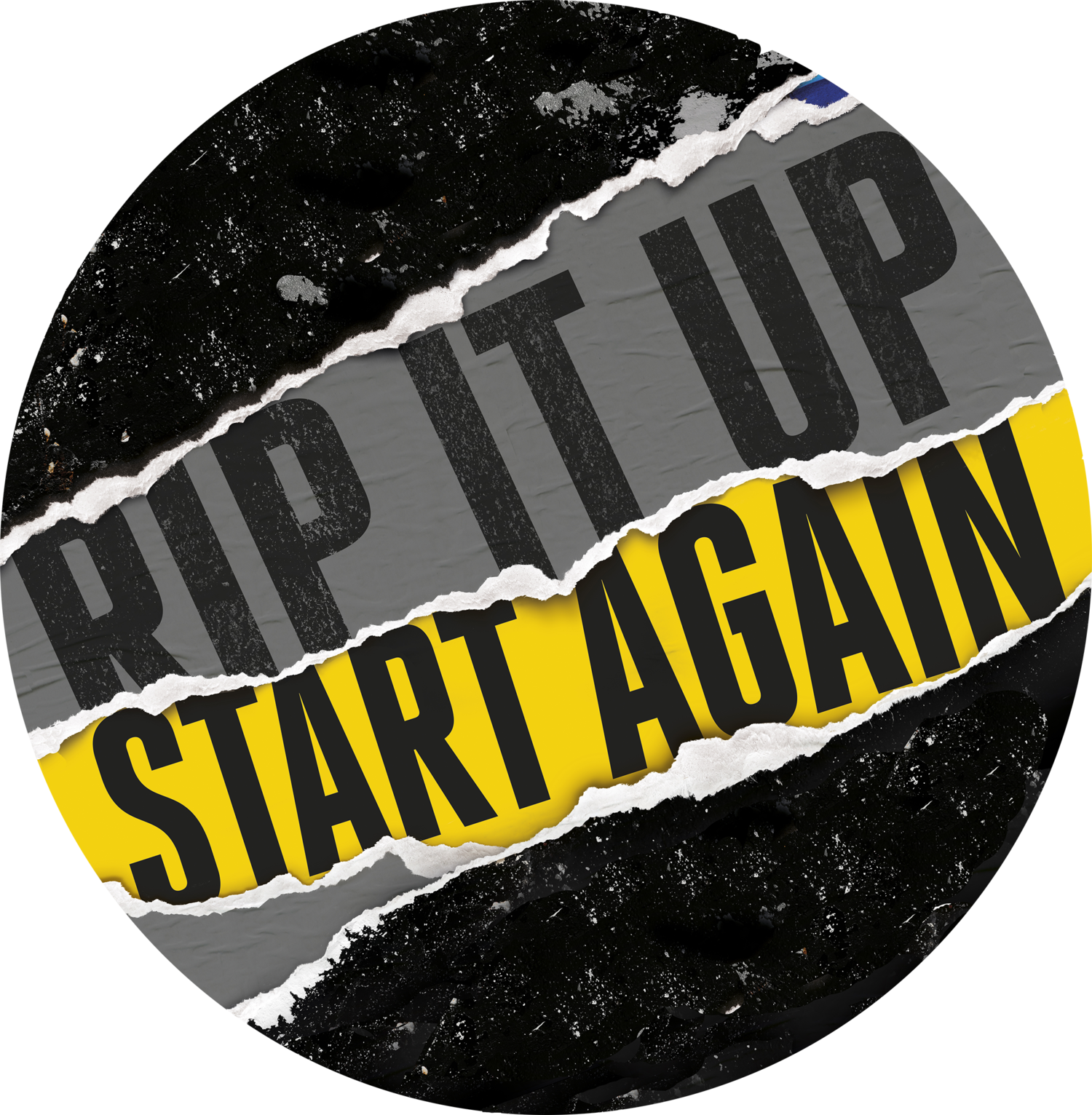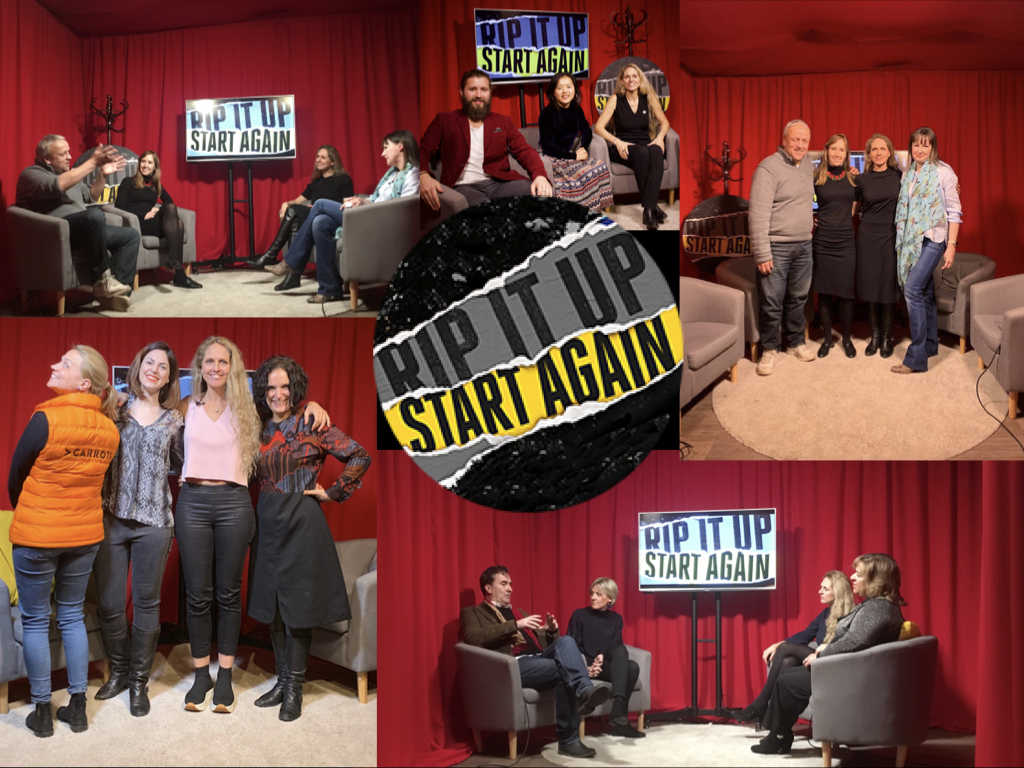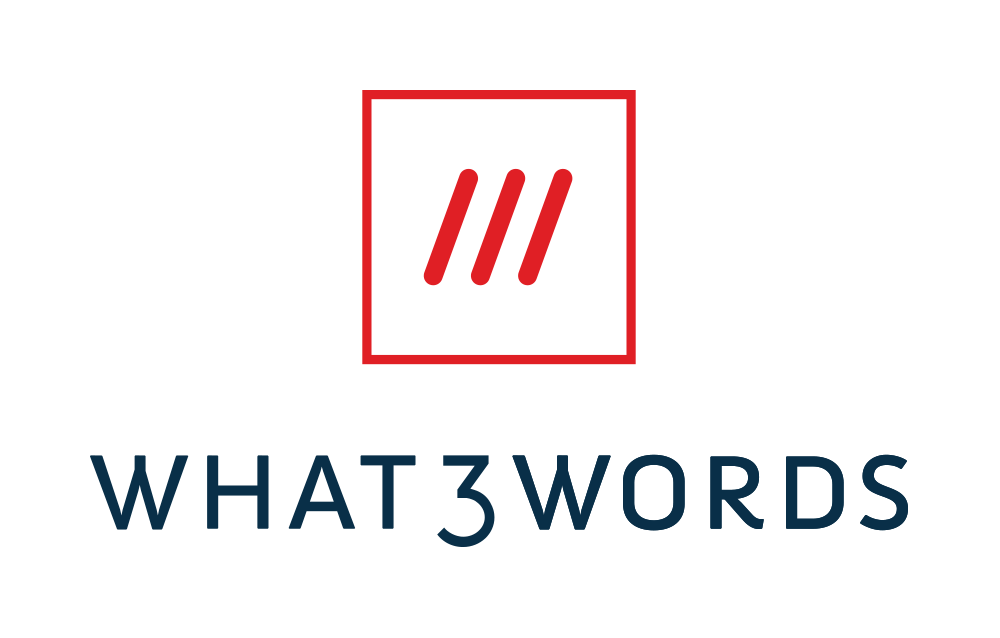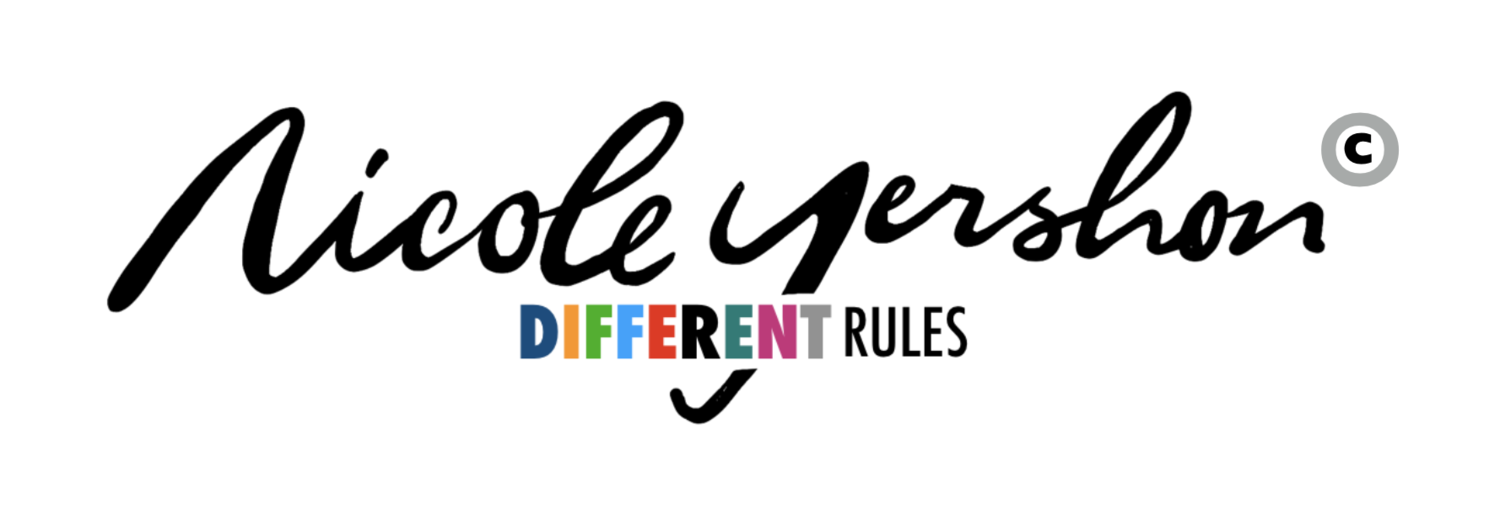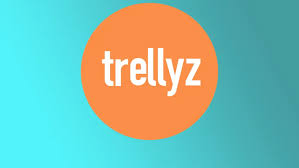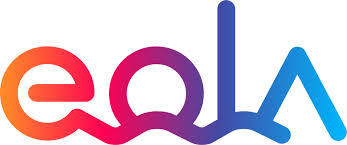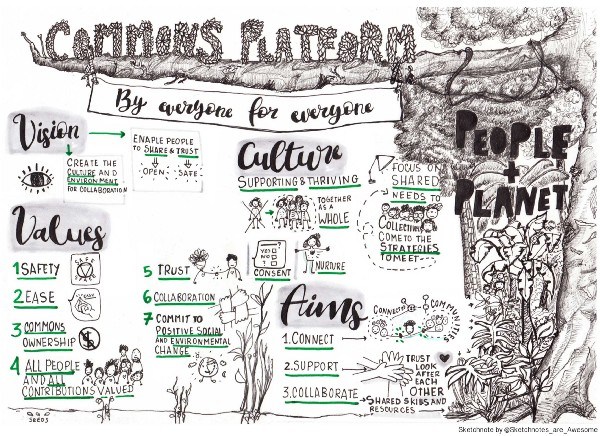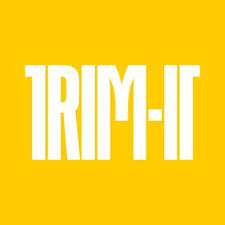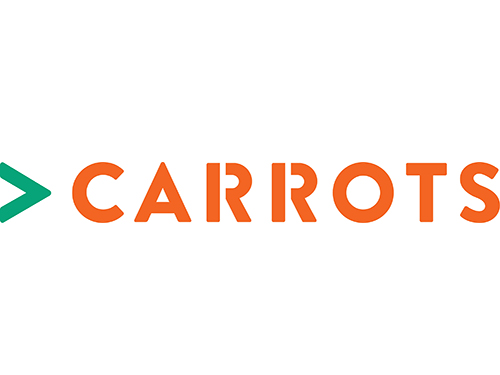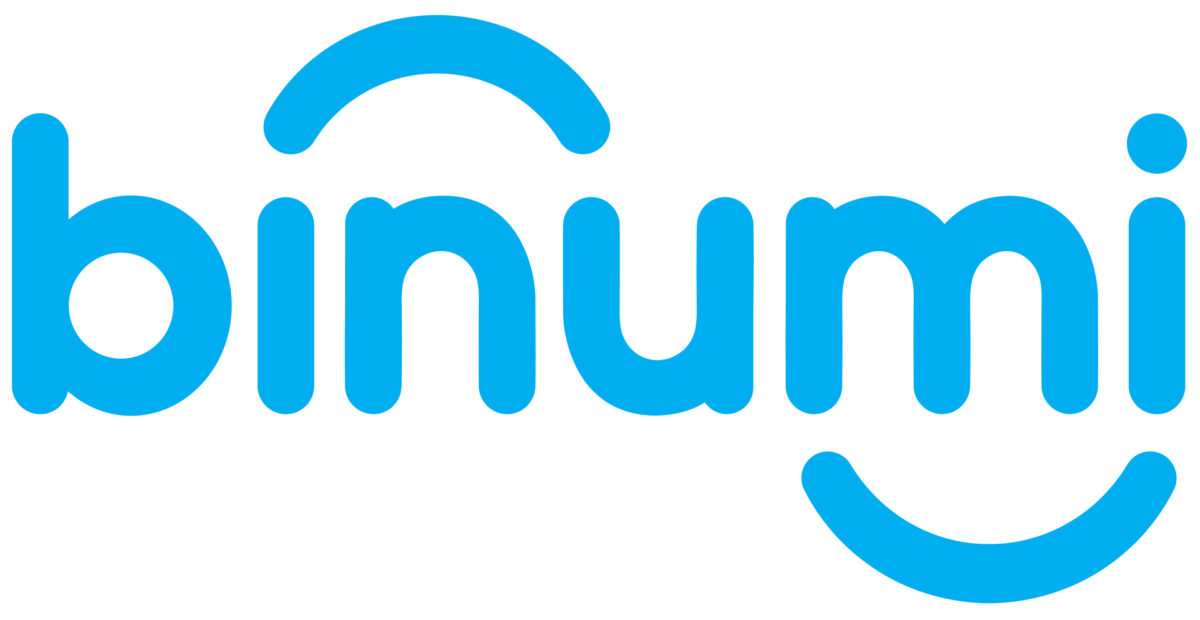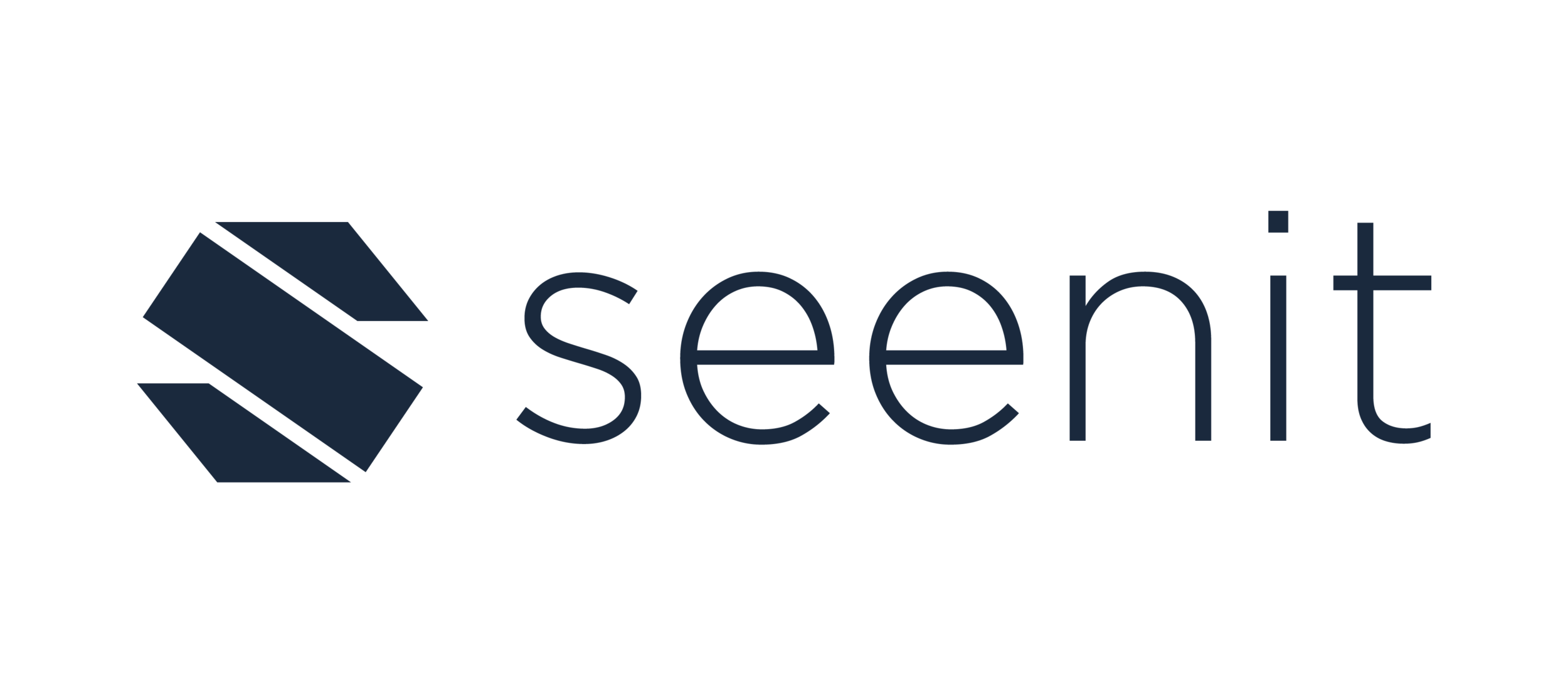Keynote Speakers - London Tech Week - Rip It Up @ Paddington Works
/Rip It Up, Start Again have partnered with Paddington Works to bring you disruptor stories from some of the most exciting startups during London Tech Week 2019. Hosted by Lulu Laidlaw-Smith, this includes a series of five-minute overview and backstory from entrepreneurs followed by an interactive Q&A, keynote speakers and interrupters.
Opening Keynote Speaker - Charley Woodward, VMWare
Meet Charley Woodward. She is the director at VMWare, the fifth biggest software company worldwide. For the past 20 years, she has helped shift the IT tech industry forward. She has pushed for change, flexibility and adaptability – not only in companies as a whole, but also on an individual level. Years ago, Charley began to realise that what makes companies and people disruptive, driving creativity and innovation, is the freedom to be themselves. And while it’s not the biggest part of who Charley is, her truth is that she is transgender.
Charley knew that she was ‘different’ at a young age. She would try on her mother’s stockings and enjoy the feel of them; she experimented with makeup as a teenager; saw people like Boy George on the television and felt a great distance between that and the reality of her suburban life. After years of trying to figure out her truth, wearing women’s clothing in her private life yet not feeling comfortable to take it further, Charley’s life changed. In 2010, within the span of three months, Charley lost two of her close friends. This triggered her decision to take the private part of her life out into the public world.
Two years later, she was wearing the clothes she would wear at home, at work. It was a big step, but it felt right. And in 2017, she decided it was time to fully transition. VMWare provided her with resources and a transition guide, further proving to her just how valued she was and also that the company really stood behind the values that they worked hard to illustrate every day. Charley has met a lot of people since then, and the word she often hears is ‘bravery’. To be brave and to be courageous. One of the most memorable moments for Charley was introducing her authentic self to her brother for the first time — a shock but as her brother put it, “Being trans isn’t the most interesting thing about you”. Charley knows first-hand that living takes bravery and it takes courage.o disruptors everywhere, she says this: “All I ask you to do is dare to be your disruptive selves every day.” Thank you, Charley, for sharing your story with us. Find out more about VMWare at https://www.vmware.com/uk.html.
Closing Keynote Speaker - Jeremy Gilley, Peace One Day
Jeremy Gilley is a face you probably recognise. After a successful career in the acting world, Jeremy found that his passions were leading him in an entirely different direction than the stage or being in front of a camera. 20 years ago, Jeremy decided that what the world needed was more peace. In fact, he wanted to create a day for just that — a day of non-violence, of ceasefire. His goal, while perhaps difficult to achieve, was rather simple: have every government worldwide eventually agree to Peace Day.
Over several years, he travelled from country to country filming his documentary, attempting to bring his vision to life. People like the Dalai Lama and Oscar Arias and Mary Robinson were all reaching out to him with words of encouragement about what he was trying to do, pushing him to keep striving for peace. After years of conversation and advocating, the United Nations secured the 21st of September as the International Day of Peace, or World Peace Day, recognising Jeremy’s foundation as being one of the leaders in making it happen. But it wasn’t just Jeremy — it came from the people all over the world that wanted to see change. Not everyone believed it was possible, though. As Jeremy passed through different cultures, showing it at festivals and events, people shared their doubts. A day of peace couldn’t possibly happen all over the world. Jeremy decided he would go to one of the most violent places in the world, simply to prove that World Peace Day was very possible.
So he went to Afghanistan, hoping to show the cynics just what was possible. He was travelling the world with so many great thinkers, and they all agreed that a peace day would change so much for countries filled with violence. Lives would be changed, there would be such humanitarian efforts and services in countries that needed them most. And so Jeremy found himself negotiating with the Taliban to recognise a day of peace and ceasefire. After two and a half years, they finally agreed. No fighting would occur on the 21st of September. As a result, 10,000 vaccinators could go into communities which were normally areas of conflict and vaccinate 1.4 million children. It also marked the first time NATO had engaged in a ceasefire whilst engaged in military operations. It was a success, to say the least.
The UN measured that violence decreased 70% on World Peace Day 2008, a year after its initial observance. McKinsey, a partner of Peace One Day, estimated that around 1.8 million people will avoid violence around the world on World Peace Day. And that number will only get higher. Peace One Day, Jeremy’s foundation, works across a number of different sectors striving for peace on both big and small scales. From international ceasefire to tackling cyberbullying in schools, his organisation is always looking for new avenues to speak about peace, about ways to encourage non-violence, and to strive for the institutionalization of World Peace Day across the globe. Their latest app, Impact Profile, monitors an individual's humanitarian efforts in much the same way as social media, giving people the chance to track the ways in which they’re trying to change the world, and for others to see it as well. Impact Profile fosters engagement and community, and that’s how Jeremy sees peace being achieved worldwide. Find out more at http://www.peaceoneday.org/.
